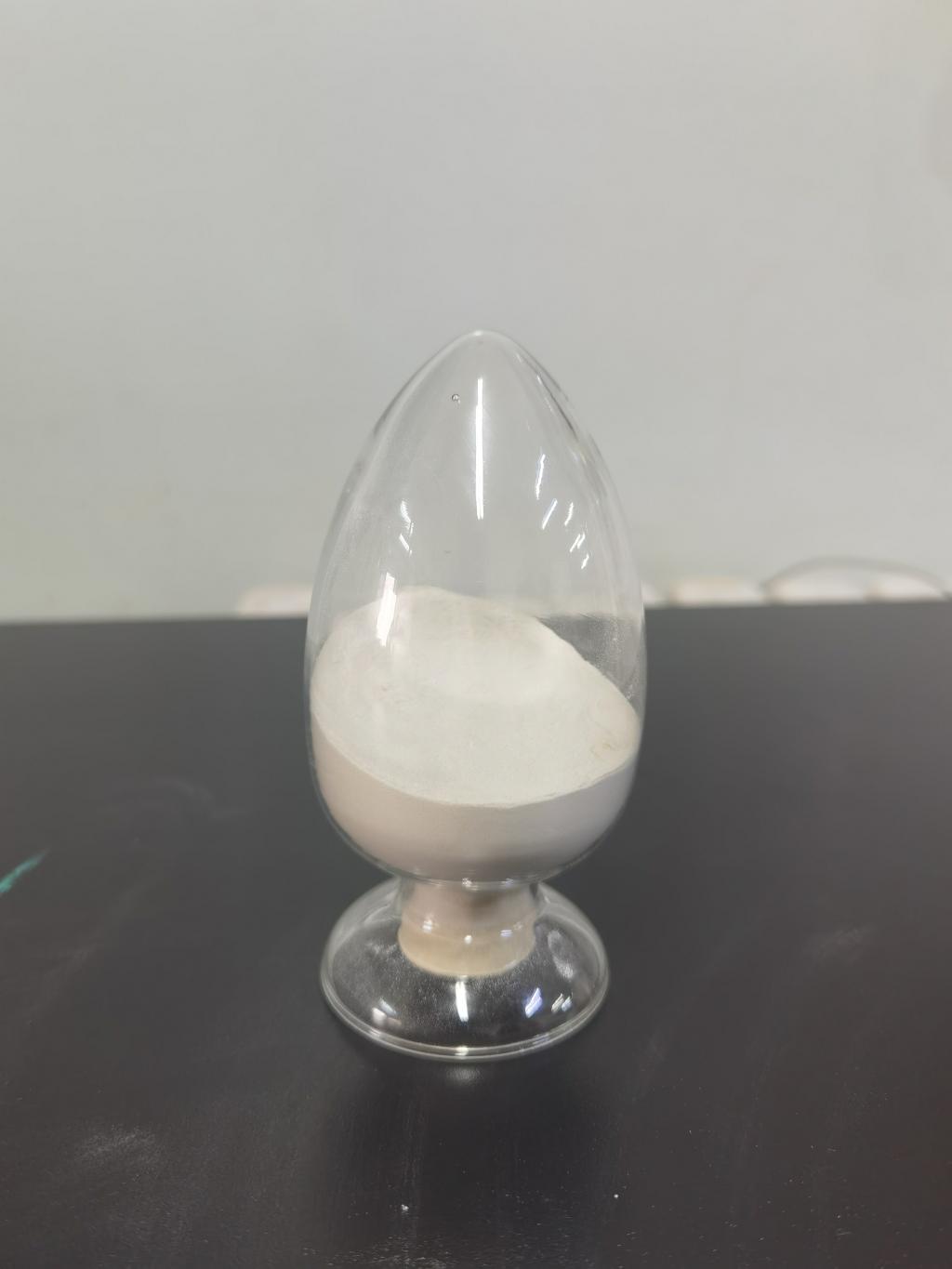Tel:+8618231198596

News
 CONTACT
CONTACT
 CONTACT
CONTACT
- Linkman:Linda Yao
- Tel: +8618231198596
- Email:linda.yao@dcpharma.cn
- Linkman:CHARLES.WANG
- Department:Overseas
- Tel: 0086 0311-85537378 0086 0311-85539701
News
Nisin’s effectiveness in inhibiting the growth of pathogenic bacteria in dairy alternative.
TIME:2024-09-12
What is Nisin?
Nisin is a polypeptide antibiotic produced by the bacterium Lactococcus lactis. It is primarily active against Gram-positive bacteria, including several pathogenic species such as Listeria monocytogenes and Staphylococcus aureus. Due to its efficacy and safety profile, nisin has been widely used in the food industry as a preservative to control the growth of spoilage and disease-causing bacteria.
The Need for Preservation in Dairy Alternatives
Unlike traditional dairy products, which benefit from natural preservatives like lactoferrin and lysozyme, dairy alternatives often lack these protective components. As a result, they may be more prone to microbial spoilage, especially when stored at room temperature. This susceptibility poses a risk to both the quality and safety of the products, necessitating the use of effective preservation methods.
Nisin in Dairy Alternatives: Current Research
Current research efforts are focusing on evaluating the effectiveness of nisin in inhibiting the growth of pathogenic bacteria in dairy alternatives. Studies aim to determine optimal concentrations of nisin that can be safely added to these products without altering their sensory attributes such as taste, texture, and appearance.
Pathogen Targeting: Research is examining how nisin affects specific pathogens that are commonly associated with foodborne illnesses. For instance, studies are investigating the efficacy of nisin in preventing the growth of Listeria monocytogenes in soy milk and other plant-based beverages.
Synergistic Effects: Another area of interest is the potential for nisin to work synergistically with other preservatives or processing methods. Combining nisin with other natural preservatives or employing it alongside heat treatments could enhance the overall safety and shelf life of dairy alternatives.
Consumer Acceptability: Researchers are also considering the consumer perception of nisin-enriched dairy alternatives. Ensuring that the addition of nisin does not negatively impact the sensory experience of the end product is crucial for market acceptance.
Challenges and Considerations
While the potential benefits of using nisin in dairy alternatives are promising, there are several challenges that must be addressed:
Efficacy Across Different Bacterial Species: Although nisin is effective against many Gram-positive bacteria, its activity against Gram-negative bacteria, which can also pose a risk in dairy alternatives, is limited. Therefore, a combination approach may be necessary to ensure comprehensive protection.
Formulation Challenges: Incorporating nisin into dairy alternatives requires careful formulation to maintain stability and effectiveness. Factors such as pH, temperature, and the presence of other ingredients can influence nisin's activity and shelf-life.
Regulatory Compliance: Ensuring that the use of nisin adheres to local and international food safety regulations is essential for its widespread adoption in the dairy alternatives market.
Conclusion
The investigation into nisin's effectiveness in inhibiting the growth of pathogenic bacteria in dairy alternatives holds significant promise for enhancing the safety and quality of these products. As research progresses, the food industry will gain valuable insights into how best to utilize nisin as part of a comprehensive preservation strategy. This could lead to the development of dairy alternatives that not only meet the growing demand for plant-based options but also provide consumers with a safe and long-lasting product.
- Tel:+8618231198596
- Whatsapp:18231198596
- Chat With Skype







